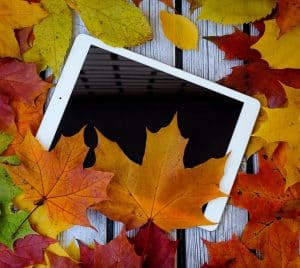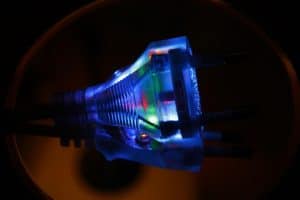Plant sensors ensuring houseplants thrive
Do you have a green thumb? Or do you struggle to keep even the hardiest of houseplants alive? Sometimes all the love and attention in the world can’t make your plants thrive. But what if you had a little extra help? That’s where plant sensors come in. These tiny devices can measure everything from soil moisture to light levels, helping you create the perfect environment for your beloved greenery. Let’s dive in and learn more about how plant sensors can ensure your houseplants not only survive, but thrive.
The Role of Plant Sensors in Houseplant Care
Plants are living organisms and just like us, they have specific needs to stay healthy. However, unlike humans, plants can’t communicate their needs to us in words. We have to rely on observing their physical appearance to determine what they might need. This can be a challenge, especially for beginner plant parents who might not yet be familiar with the visual cues of certain plants. That’s where plant sensors come in.
Plant sensors are electronic devices that can be placed in your potted plants to monitor various conditions such as soil moisture, light levels, and temperature. They then transmit this data to your phone or other device, allowing you to easily keep track of your plant’s needs and make adjustments accordingly.
Ensuring Proper Soil Moisture Levels
The Importance of Soil Moisture for Houseplants
Soil moisture is essential for a plant’s growth and survival. Too much or too little water can lead to various problems such as wilting, root rot, and even death. But how do you know if your plants have enough water? This is where plant sensors can be a game-changer.
Plant sensors can measure the moisture levels in the soil and let you know if your plants need watering. Some even have the ability to automatically water your plants for you, taking out the guesswork and ensuring your plants always have the right amount of moisture.
How Plant Sensors Can Help
By using a plant sensor, you can determine the ideal moisture levels for each of your houseplants. This will prevent overwatering, which is a common issue for new plant owners, and ensure your plants have the perfect balance of water to thrive. Plus, with the ability to monitor moisture levels remotely, you can keep your plants healthy even when you’re away from home.
Providing Adequate Light for Houseplants
The Role of Light in Plant Growth
Light is crucial for a plant’s photosynthesis, the process by which plants convert energy from the sun into food. Different plant species have different light requirements, and it can be challenging to know if your houseplants are getting enough light, especially if you live in a space with limited natural light.
How Plant Sensors Can Help
Plant sensors can measure the amount of light your plants are receiving and alert you if they need to be moved to a brighter or shadier spot. Some sensors can even measure the quality of light, letting you know if your plants are getting enough of the right type of light for optimal growth.
Monitoring Temperature for Optimal Growth
The Impact of Temperature on Plants
Temperature is another important factor in plant growth. Extreme heat or cold can stress plants and affect their overall health. But it’s not just extreme temperatures you need to worry about. Even slight fluctuations in temperature can affect how well your plants grow.
How Plant Sensors Can Help
Plant sensors can monitor the temperature in your home and alert you if the temperature is outside of your plant’s preferred range. This allows you to make adjustments, such as moving your plants away from drafty windows or vents, to ensure they have a stable and optimal environment for growth.
Conclusion
Plant sensors are a valuable tool for any plant parent looking to ensure their houseplants thrive. With the ability to monitor soil moisture, light levels, and temperature, these devices take the guesswork out of plant care and make it easier than ever to keep your plants healthy and happy. So, whether you’re a seasoned plant expert or just starting your plant collection, consider investing in plant sensors to give your plants the best care possible.










